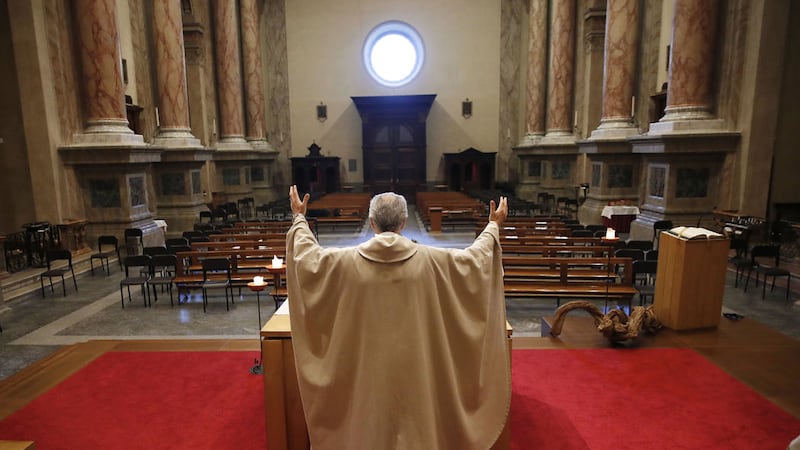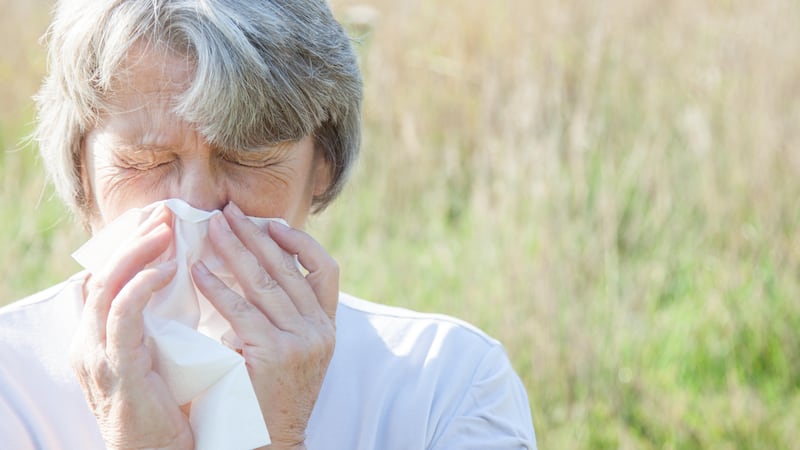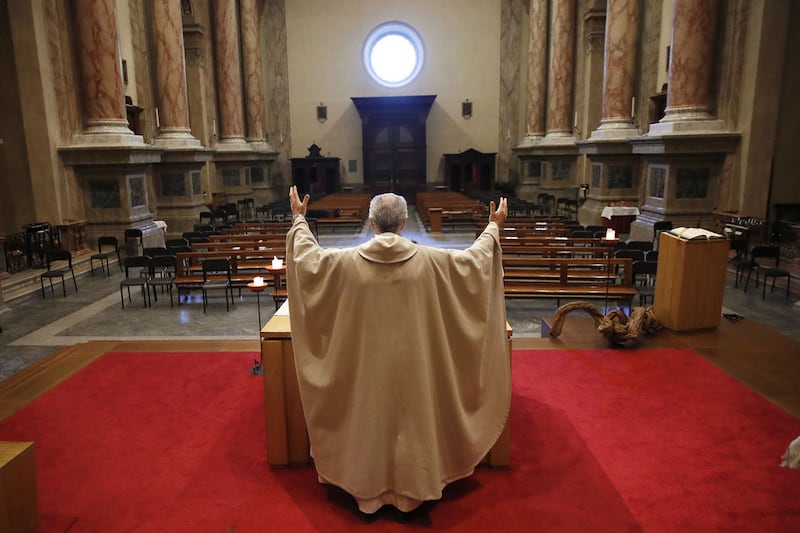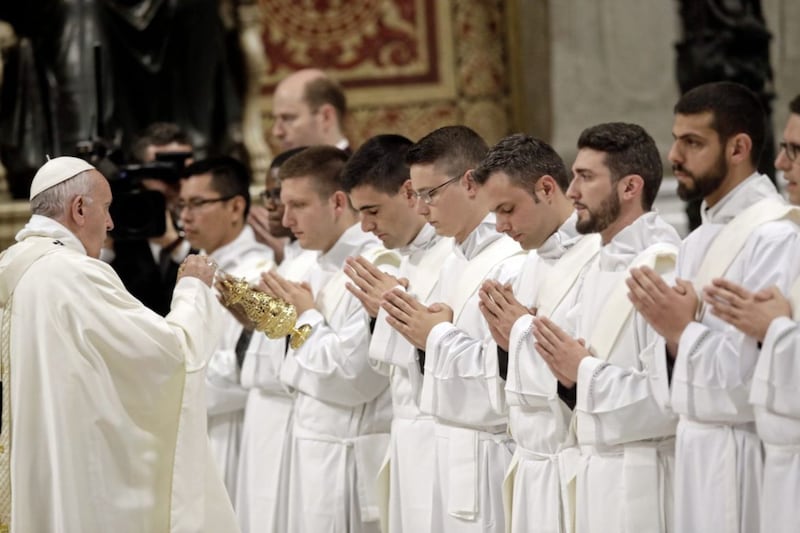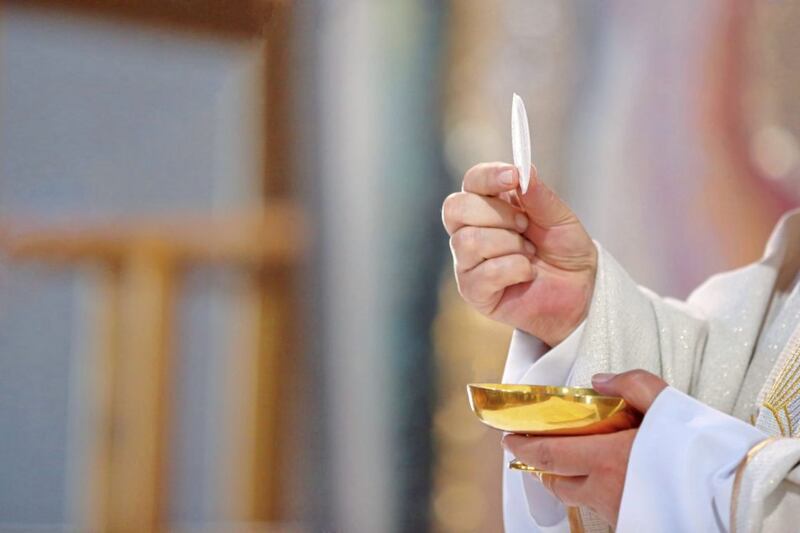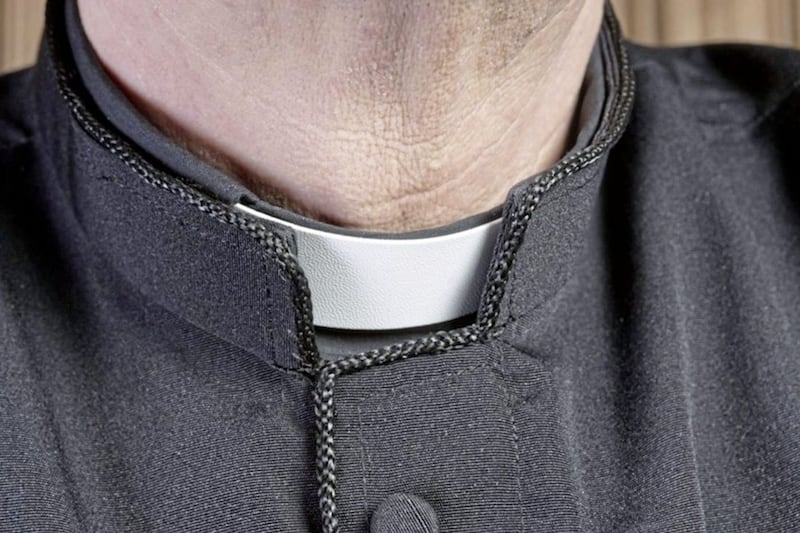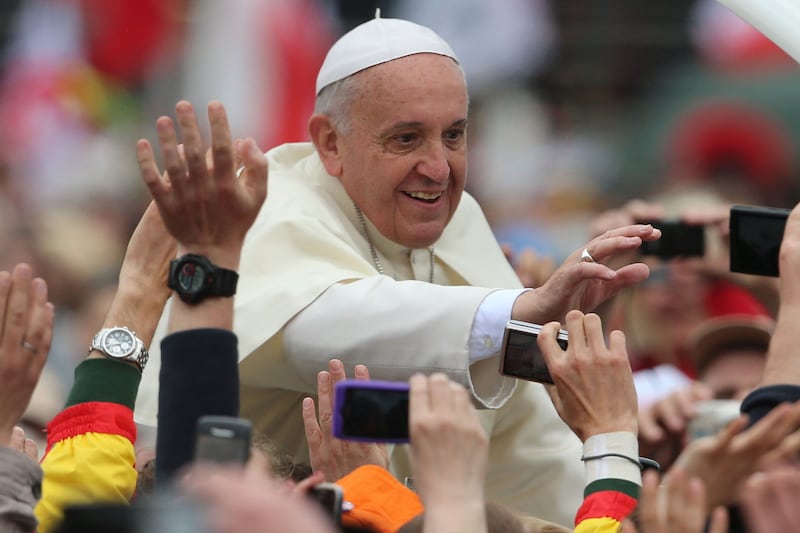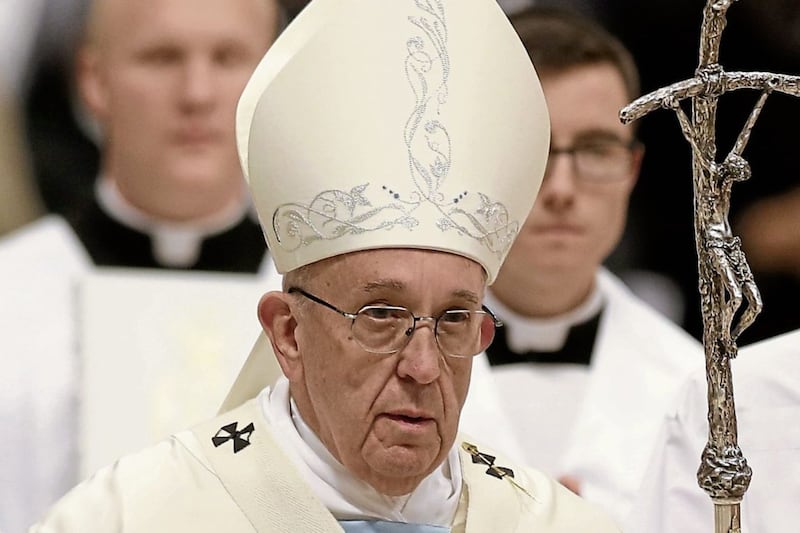IN 1958, Angelo Giuseppe Roncalli was named Pope after 11 ballots. He took on the papal name of John XXIII and became known as 'The Good Pope' for his commitment to the poor and the elderly.
In his last will and testament, he wrote: "Born poor, but of humble and respected folk, I am particularly happy to die poor."
When speaking of the vulnerable and the elderly, 'The Good Pope' said: "(They have) the right to be looked after in the event of ill health; disability stemming from his work; widowhood; old age; enforced unemployment; or whenever through no fault of his own he is deprived of the means of livelihood."
It is a plea that has taken on an acute relevance in the midst of the coronavirus pandemic, when some speak of the vulnerable and the elderly as though they are disposable.
When Pope John XXIII visited Rome's Regina Coeli prison, he told the inmates: "You could not come to me, so I came to you."
Priests all over the world are doing similar today in going out to their communities to visit and support the poor and the vulnerable and the elderly in the most trying of circumstances.
When Roncalli became Pope, he returned to his native Bergamo in Italy and told the waiting faithful: "Today, Bergamo has its pope."
But today, Bergamo is losing its clergy. Bergamo is at the heart of the coronavirus pandemic and, at the time of writing, an estimated 60 priests have died nationwide.
Among them was Fr Giuseppe Berardelli, priest at St John the Baptist in Casnigo, about 15 miles from Bergamo.
His parishioners bought a ventilator for the much-loved priest. However, it was used to help a younger patient also battling coronavirus.
Some reports have said that Fr Beradelii donated the ventilator to the other patient, whom he did not know, though others have said the priest was already too ill to tolerate being put on the machine because of pre-existing health conditions, and refused it.
However, the reports are unanimous in describing Fr Beradelli as an outstanding priest.
An obituary said "he was a priest who listened to everyone, he knew how to listen, whoever turned to him knew that he could count on his help".
Parishioners applauded from their windows and balconies as his coffin was taken for burial; because of Covid-19 restrictions, there could be no funeral for the priest.
Bergamo is losing its clergy. It is at the heart of the coronavirus pandemic and, at the time of writing, an estimated 60 priests have died nationwide
Francesco Beschi, the Bishop of Bergamo, told Italian TV news network Rai News 24: "Our priests are many, and numerous are those who have exposed themselves (to the virus) to be close to their community.
"Their illness is an evident sign of closeness, a painful sign of closeness and sharing in the suffering."
Bergamo accounts for 16 per cent of Italy's total number of infections, even though the city itself accounts for just 0.2 per cent of the country's population.
Residents have said that coffins are beginning to pile up in the churches and morgues as there is nowhere to bury them.
Fr James Martin SJ, editor-at-large of America Magazine, took to Twitter recently to voice his fears that the coronavirus could disproportionately hit the priesthood.
The prominent Jesuit said: "Priests, and women and men in religious orders, share in the suffering of humanity; we need to prepare for a far higher incidence of infection, and a higher mortality rate."
The average age of priests in Ireland is around 70, a stark reminder of the issues facing the Church here, with the age group particularly vulnerable to the effects of coronavirus.
Priests, especially older clergy, were already under increasing pressure before Covid-19 struck.
In 2019, for example, just 15 students began their studies for the priesthood for Irish dioceses.
And the Bishop of Ossory, Dr Dermot Farrell, warned that the number of priests under the age of 75 will be halved over the next decade, a challenge that he says "cannot be ignored".
The average age of priests can have further consequences on the health and well-being of the clergy.
Fr Martin reminds us that many “elderly priests rely on cooks or housekeepers to help them with meals and cleaning; if these people are, like most people, unable to work, then the elderly priests' health will suffer as well".
He also notes that while many of us self-isolate, priests remain active, often placing themselves in danger as they offer much needed comfort and solace in these confusing times.
Fr Martin concluded that clergy must prepare for the results of this, including illness and perhaps death: "In this, again, we participate in the sufferings of humanity and of Christ."
But laypeople surely have a duty to prepare for this also. Churches are already closed and there is clear guidance around very limited numbers attending funerals, with strict measures around social distancing.
Indeed, church funerals have been suspended altogether in some Catholic dioceses, including Down and Connor and Clogher.
So let us be mindful of the directives around protecting public health amid this coronavirus pandemic - for the good of our own safety, for the good of our fellow congregants and our clergy, and for the good of our Church.
